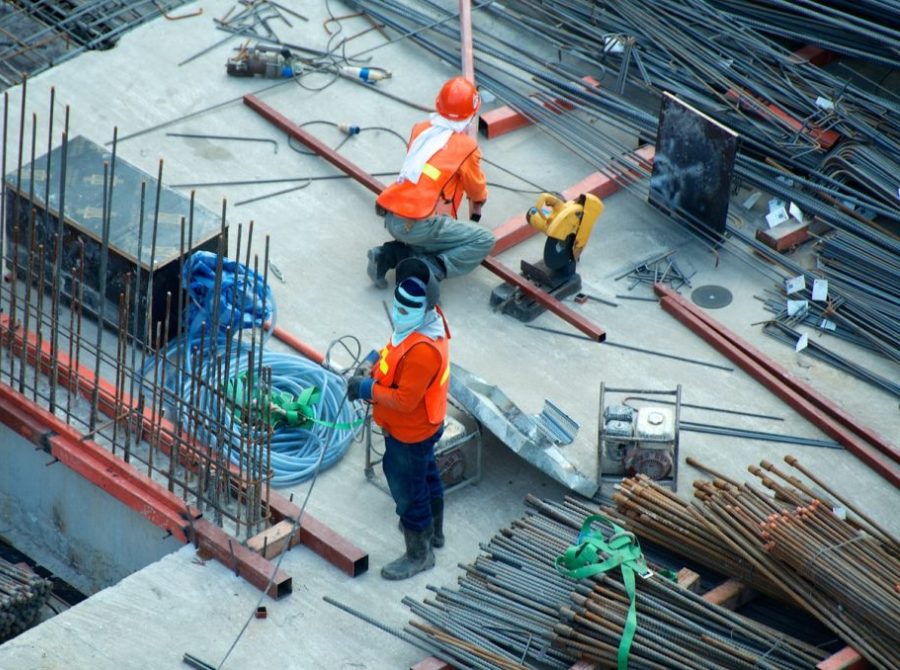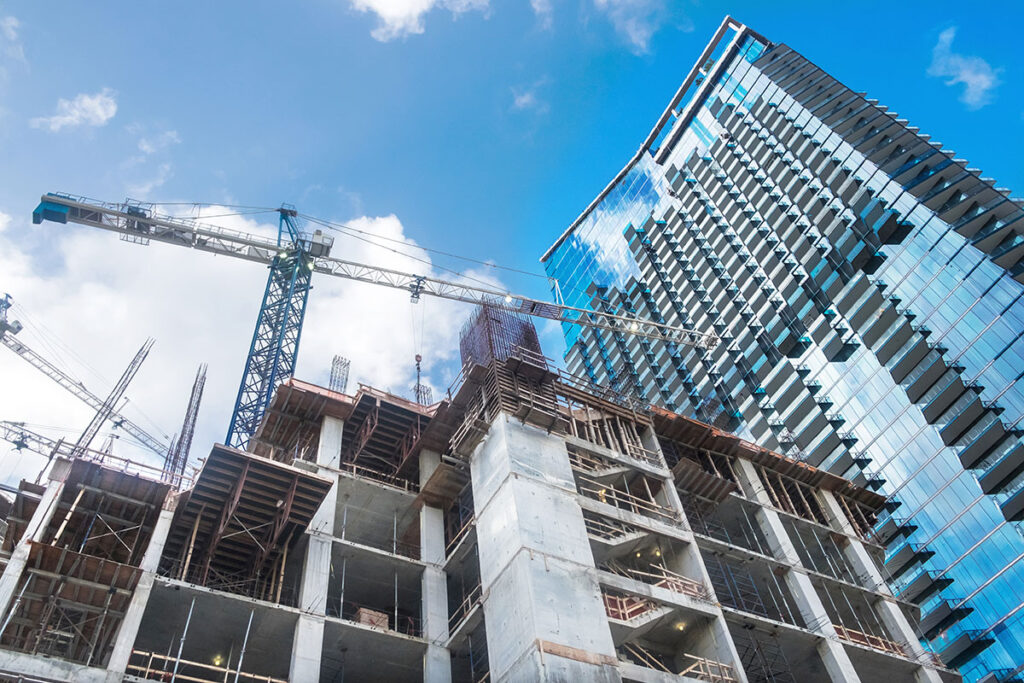Building Engineering: Designing the Foundations of the Future
Building engineering is a multidisciplinary field that focuses on the design, construction, and maintenance of buildings and other infrastructure. It involves applying principles of engineering, technology, and innovation to create safe, functional, and sustainable structures. Building engineers work closely with architects, contractors, and other specialists to ensure that buildings are not only aesthetically pleasing but also durable, efficient, and environmentally responsible.

Key Aspects of Building Engineering
Structural Engineering
This involves designing the core framework of buildings to ensure their stability, safety, and strength. Structural engineers assess factors like materials, load-bearing capacity, and environmental impacts to ensure the building can withstand natural forces such as earthquakes, wind, and heavy loads.Mechanical, Electrical, and Plumbing (MEP) Engineering
MEP engineers design the systems that make buildings functional and comfortable. This includes heating, ventilation, and air conditioning (HVAC) systems, electrical wiring, lighting, plumbing, and fire protection systems. Their work is essential for optimizing energy use and ensuring the health and safety of the building’s occupants.Sustainability and Energy Efficiency
In today’s world, building engineers focus on creating eco-friendly and energy-efficient buildings. This involves using sustainable materials, optimizing energy consumption, reducing waste, and ensuring the structure has a minimal environmental impact. Green building certifications, like LEED, are often pursued to showcase the building’s commitment to sustainability.Construction Management
Building engineers often take on the role of overseeing the construction process. This includes managing budgets, timelines, and resources, ensuring quality control, and handling any unforeseen challenges during construction. They ensure the project is completed safely, on time, and within budget.Building Maintenance and Safety
After a building is constructed, ongoing maintenance is crucial. Building engineers develop maintenance schedules, troubleshoot issues, and ensure the building adheres to safety regulations over time. This includes regular inspections of structural integrity, mechanical systems, and ensuring compliance with changing codes and standards.
The Role of Technology in Building Engineering
Advancements in technology have revolutionized the field of building engineering. Innovations like Building Information Modeling (BIM), 3D printing, and smart building systems have enhanced the precision, efficiency, and sustainability of building projects. These technologies allow engineers to visualize designs in 3D, simulate building performance, and make informed decisions to reduce costs and increase sustainability.


Why Building Engineering Matters
Building engineering plays a crucial role in shaping the world we live in. Well-engineered buildings provide comfort, safety, and functionality for residents and businesses. They contribute to economic development by creating spaces for work, education, leisure, and housing. Moreover, with growing concerns about climate change, building engineers are at the forefront of designing sustainable, energy-efficient buildings that minimize environmental impact.

